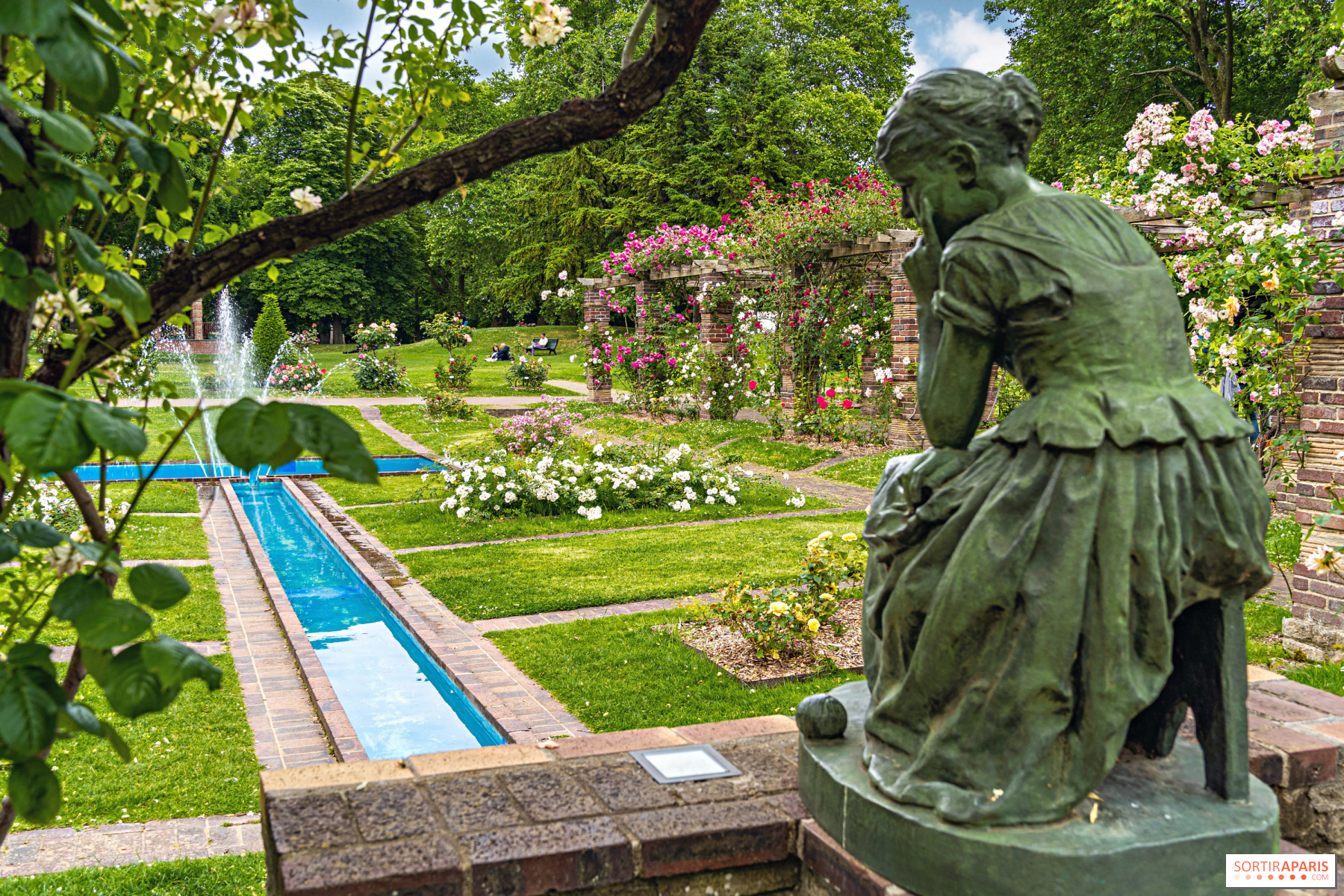
- Select a language for the TTS:
- UK English Female
- UK English Male
- US English Female
- US English Male
- Australian Female
- Australian Male
- Language selected: (auto detect) - EN
Play all audios:
Get your news from a source that’s not owned and controlled by oligarchs. Sign up for the free _Mother Jones Daily_. Five years ago, Alexandra Pelosi made a splash with her documentary
_Journeys with George_, which captured the kinder, sillier side of then-first-time presidential candidate George W. Bush. The film earned the newbie director—yes, Nancy’s daughter—plenty of
praise and an Emmy. It also gave us such classic Dubya non sequiturs as, “I like a good bologna sandwich.” As Pelosi watched Bush stump his way to victory in 2000, she became intrigued by
evangelical Christians, one of his key voter blocs. In her latest documentary, _Friends of God_, she takes a road trip into the religious heartland, acting as a tour guide for blue-staters
wondering just what makes America’s 50 to 80 million evangelicals tick. (The film is airing on HBO and HBO2 for the rest of the month.) This time, Pelosi takes a less prominent role than she
did in the handheld, first-person _Journeys With George_. “I wasn’t trying to make an ego-mentary,” she says. Rambling through 16 states in a rental car, she stops at roadside attractions
like Orlando’s Holy Land amusement park, which features clean, costumed, first-century Jerusalem “beggars” and “merchants.” She putts through a biblical-themed mini-golf course that includes
a Red Sea water hazard and ends with the pocked, concrete tomb of Jesus. (It’s empty.) She gets friendly with members of a Christian car club, who tell her Jesus would probably drive a
Mazda Millennium or a “Christ-ler.” These scenes are cute, but one begins to wonder if the bicoastal, liberal daughter of the new Democratic House speaker is the best person to offer a
serious tour of the Bible Belt. _Friends of God_ doesn’t offer many new revelations about evangelicals, but Pelosi’s pedigree does give her an appreciation of Christian conservatives’
considerable political muscle. She openly admires their recruitment techniques: They hold a nice Sunday service, then invite everyone to stick around and hear about the latest ballot
measures. They place scripture in truck stop menus, put up huge crosses alongside highways, and fill billboards with cutesy slogans such as “Exercise daily: Walk with the Lord.” As Pelosi
discovers, this tireless political action stems from an enormous persecution complex, and a belief that the United States was founded as a Christian nation and should remain so. The
evangelicals Pelosi profiles see politics as a biblical battle between the forces of good believers and evil secularists. But she tries to find some common ground. In a memorable exchange,
Pelosi tells Ted Haggard, then president of the National Association of Evangelicals, “People from where I’m from think evangelicals are all haters, and you make it seem like your truth is
the only truth and you don’t tolerate people who don’t believe what you believe.” Haggard responds, “We have a public relations problem. They killed Jesus, as you recall,” and he’s not
joking. Prophetically, he goes on to say that “secular people have a problem when a pastor falls into disgrace or is greedy; it’s heartbreaking.” When Pelosi met him, Haggard was still the
head of a 14,000-member church, one of a slew of white, male, sound-bite-spewing spiritual leaders whom she interviewed. The multi-ethnic, multi-gendered congregations she visits are far
more interesting. In Pikesville, Tennessee she meets a mother of 10 (with another on the way) who says she never wanted children and planned to be “a lawyer, then a powerful politician, then
the first female president.” Now she wears Laura Ingalls-style dresses and cooks and cleans and homeschools her kids. Unfortunately, such complex characters are rare in _Friends of God_,
and Pelosi doesn’t stop to demystify them. Most of the time, she is content to confirm secular liberals’ fears about evangelicals, particularly that they are unchangeable, unrelenting, and
utterly uninterested in other points of view. Not to mention deeply weird. You can’t help but cringe at scenes of children being taught that dinosaurs not only coexisted with humans but
actually worked for them as beasts of burden, or of prepubescent girls asking God to “invade” them after watching a Christian wrestling match. And it’s unclear what to make of Haggard, who
boasts that evangelicals have better sex and creepily asks two congregants, “How many times a week do you have sex with your wife? How many times does she climax?” Pelosi finished editing
_Friends of God_ in early November, and it reflects the mindset of the time. The evangelical leaders she talks to are used to being on top of the political heap; as Jerry Falwell tells her,
no one can win without their support. “Al Gore learned that. John Kerry learned that. And Hillary will learn it in 2008,” he quips. That was before the Democrats swept into Congress and the
myth of the solid evangelical-Republican base took a big hit. Haggard has since resigned from his Colorado Springs mega-church amid allegations of drug use and sex with a male prostitute.
Our born-again president’s approval rating is 28 percent. But America’s evangelicals aren’t going away. If they want to take back America, though, they’d better keep praying.








